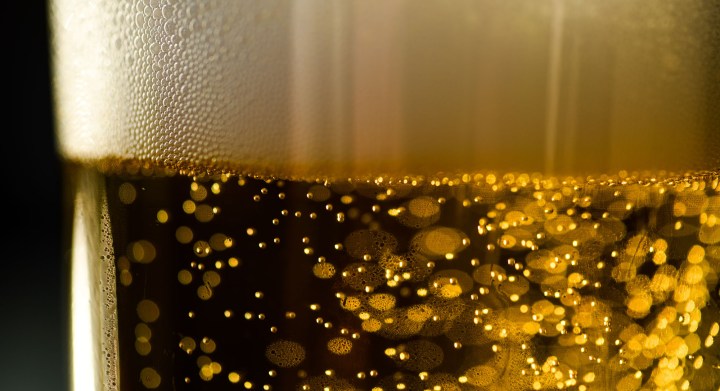ALCOHOL HARM REDUCTION OP-ED
Collaboration with the alcohol industry is key to combating irresponsible booze consumption

A win-win situation is being created where consumers are increasingly drinking low- and no-alcohol beers, reducing their alcohol consumption while still protecting the 249,000 jobs sustained by the South African beer industry.
The Global Alcohol Policy Conference convenes at the Cape Town International Convention Centre from 24 to 26 October 2023 to discuss ways of limiting alcohol abuse.
Under the theme, “Investing in People Before Profits”, the organisers emphasise their independence from commercial interests. This means that people like us, who represent the beer industry in South Africa and globally, are barred from the discussion.
However, including the private sector in discussions – and specifically the wine and beer industries – can in fact strengthen our mutual goal of reducing the harmful use of alcohol.
While any alcoholic beverage can be abused, lower alcohol options carry fewer health risks such as alcohol poisoning, liver damage and cardiovascular diseases, compared with their higher-alcohol counterparts. That’s why policies that nudge consumers toward lower-alcohol beverages are a great way to improve public health outcomes.
And while beer is already a low-alcohol option, shifting from regular-strength beer to lower- and alcohol-free beer can reduce ethanol consumption even further.
Recent research in the UK and Spain suggests that the availability of lower- and no-alcohol beers led consumers to replace some consumption of regular beer with lower-strength alternatives, resulting in less alcohol consumed overall. Beer manufacturers have reported a similar trend in South Africa.
This is where some might raise their eyebrows. Why, sceptics might ask, would the beer industry support any alcohol regulation at all? The answer is simple: shifting consumers from high-alcohol options to low-alcohol options like beer and wine supports positive public health outcomes – it’s good for our businesses.
For example, a win-win situation is being created where consumers are increasingly drinking lower- and no-alcohol beers, reducing their alcohol consumption and protecting the 249,000 jobs sustained by the local beer industry.
Growth trend
Lower- and no-alcohol products grew by more than 7% in volume across 10 key global markets in 2022, and this trend is expected to continue.
Beer and cider make up 75% of the lower- and no-alcohol category globally, and 97% of the market in the EU. While South Africa has worked from a lower base when compared to other global markets, it has been forecast to achieve considerable volume growth in no- and lower-alcohol products.
The United Nations describes this type of private sector work in support of public sector goals as “doing good while doing well”.
The World Health Organization doesn’t ignore the industry but rather asks alcohol producers to increase lower-alcohol products within portfolios. The beer industry is rising to this challenge by investing in new equipment, processes and marketing to develop and promote lower- and no-alcohol products that allow consumers to decrease their alcohol consumption without sacrificing their enjoyment.
Brewers have a unique opportunity to align our business with public health goals, and we’re embracing that.
However, industry efforts alone cannot drive this change; policymakers play an indispensable role in sustaining this trend. Alcohol policies should incentivise consumers to choose lower-alcohol options by making them more affordable and more accessible.
Investing in people’s health and economic growth need not be mutually exclusive.
We might not be invited to this week’s conference in Cape Town, but our commitment to reducing the harmful use of alcohol remains unwavering.
Beer, with its naturally lower alcohol content, combined with the industry’s ongoing investments in developing lower- and no-alcohol products and promoting moderate consumption and responsible drinking, positions us to make a significant contribution to reducing the harmful use of alcohol while simultaneously promoting our product. DM
Patricia Pillay is the CEO of the Beer Association of South Africa. Justin Kissinger is the President and CEO of the Worldwide Brewing Alliance.




















 Become an Insider
Become an Insider
Comments - Please login in order to comment.